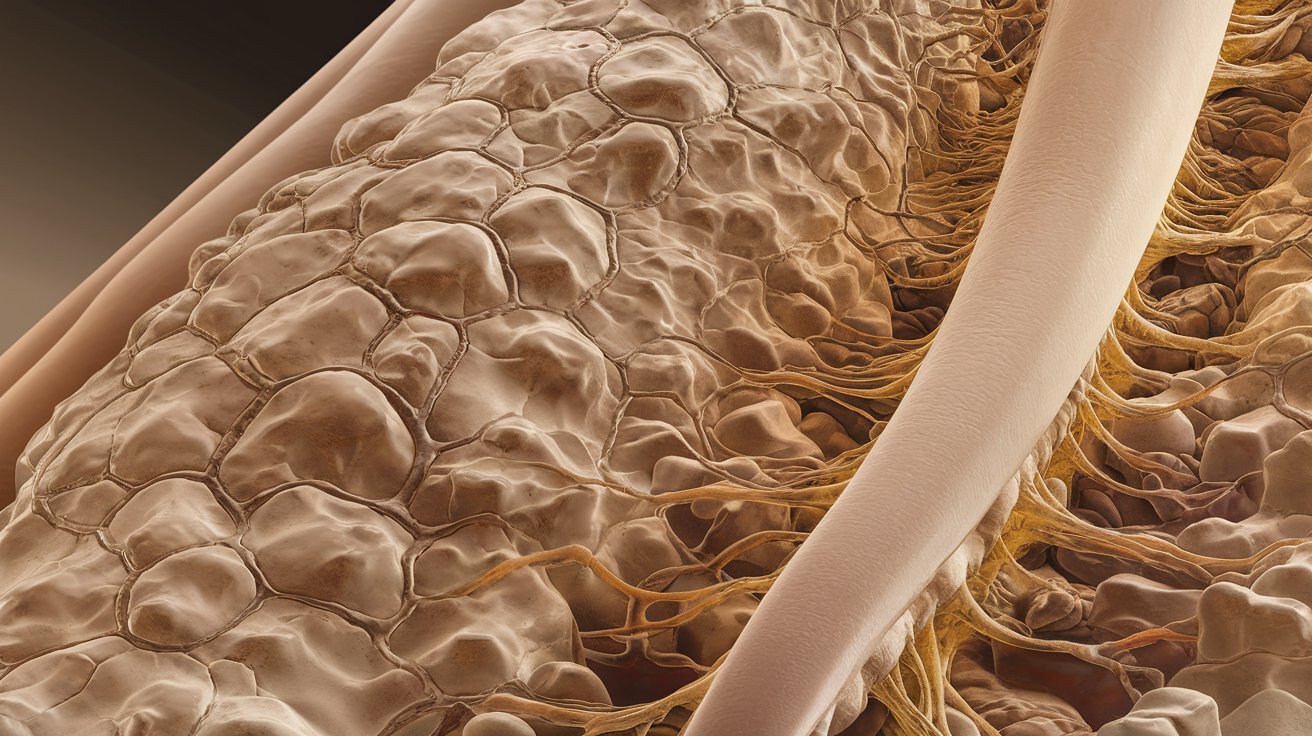
Fitzsimmons–Guilbert Syndrome (FGS) is a rare genetic disorder that impacts various aspects of health, especially the nervous system. Named after Dr. Fitzsimmons and Dr. Guilbert, who first described it, FGS is caused by mutations in the KIAA0586 gene on chromosome 15. This syndrome presents a wide range of symptoms, including developmental delays, intellectual disability, seizures, and muscle weakness. Due to its rarity, diagnosing FGS can be challenging, often requiring a combination of clinical evaluation, genetic testing, and imaging studies. While there is no cure, treatments focus on managing symptoms to improve quality of life. Understanding FGS is crucial for affected families and healthcare providers.
What is Fitzsimmons–Guilbert Syndrome?
Fitzsimmons–Guilbert Syndrome (FGS) is a rare genetic disorder that affects multiple systems in the body. Named after the researchers Dr. Fitzsimmons and Dr. Guilbert, this syndrome presents a unique set of challenges for those diagnosed with it. Let's dive into some key facts about this condition.
-
Definition and Diagnosis
Fitzsimmons–Guilbert Syndrome is a rare genetic disorder impacting the nervous system and other bodily systems. Diagnosing FGS involves clinical evaluation, genetic testing, and imaging studies. Due to its rarity and nonspecific symptoms, diagnosis can be challenging. -
Prevalence
The exact prevalence of FGS is not well-documented, but it is considered extremely rare. This rarity complicates the gathering of comprehensive data on its occurrence. -
Genetic Basis
FGS is caused by mutations in the KIAA0586 gene on chromosome 15. These mutations disrupt normal protein function, leading to the syndrome's development.
Symptoms of Fitzsimmons–Guilbert Syndrome
The symptoms of FGS can vary widely among individuals, making it a complex condition to manage. Here are some of the common symptoms associated with this syndrome.
-
Developmental Delays
Developmental delays are a hallmark of FGS. Affected children often experience significant delays in reaching milestones like sitting, standing, and walking, necessitating early intervention therapies. -
Intellectual Disability
Intellectual disability is another common feature. The severity can range from mild to severe, affecting the individual's ability to learn and function independently. -
Seizures
Seizures frequently occur in individuals with FGS. These can be severe and often require anticonvulsant medication for management. -
Muscle Weakness
Muscle weakness is a significant symptom, impacting both voluntary and involuntary muscles. This leads to difficulties with movement and coordination. -
Ataxia
Ataxia, characterized by a lack of coordination and balance, is common. It can make walking and performing daily activities challenging. -
Spasticity
Spasticity, or muscle stiffness and rigidity, is another neurological symptom. This can hinder movement and daily activities. -
Neurological Issues
Additional neurological issues may include tremors, dystonia (abnormal muscle contractions), and myoclonus (brief, shock-like muscle contractions).
Physical and Behavioral Characteristics
FGS also manifests in various physical and behavioral traits, adding another layer of complexity to the condition.
-
Physical Characteristics
Some individuals may exhibit physical traits like microcephaly (small head size), short stature, and dysmorphic features (abnormal facial features). -
Behavioral Issues
Behavioral issues such as hyperactivity, attention deficit hyperactivity disorder (ADHD), and autism spectrum disorder (ASD) are common in those with FGS.
Treatment and Management
While there is no cure for FGS, various treatment options can help manage its symptoms and improve quality of life.
-
Treatment Options
Treatment includes anticonvulsant medications for seizures, physical therapy for muscle weakness and ataxia, and behavioral therapies for developmental delays and behavioral issues. -
Prognosis
The prognosis varies widely depending on symptom severity. Some individuals may see significant improvement with treatment, while others may require ongoing management. -
Genetic Counseling
Genetic counseling is crucial for managing FGS. It helps families understand the genetic basis of the disorder and provides guidance on reproductive options if there is a family history.
Impact on Families and Support Systems
FGS not only affects individuals but also has a significant impact on their families. Support systems play a vital role in managing this condition.
-
Family Impact
The emotional and financial burdens of caring for a child with FGS can be substantial. Families often need support from healthcare providers, social services, and support groups. -
Support Systems
Support systems, including support groups, online forums, and professional counseling services, provide emotional support, practical advice, and a sense of community for families navigating FGS challenges.
Research and Future Directions
Ongoing research and increased awareness are essential for improving the diagnosis and treatment of FGS.
-
Research and Awareness
Despite its rarity, research into FGS is ongoing. Increased awareness is crucial for improving diagnosis and treatment options. Support organizations and advocacy groups play a vital role in raising awareness and promoting research. -
Future Directions
Future research aims to better understand the genetic basis of FGS, improve diagnostic tools, and develop more effective treatment strategies. Advances in genetic engineering and gene therapy hold promise for potential future treatments. -
Importance of Continued Research
Continued research and awareness are essential for improving our understanding and management of this rare genetic disorder.
The Road Ahead for Fitzsimmons–Guilbert Syndrome
Fitzsimmons–Guilbert Syndrome (FGS) is a rare genetic disorder with a wide range of symptoms, from developmental delays to seizures. Caused by mutations in the KIAA0586 gene, FGS affects the nervous system and other bodily systems. While there's no cure, treatments like anticonvulsant medications, physical therapy, and behavioral therapies can help manage symptoms. The prognosis varies, but early intervention can make a big difference. Genetic counseling is crucial for families, providing guidance on reproductive options and helping them understand the disorder. Support systems, including groups and online forums, offer emotional and practical help. Ongoing research aims to improve diagnosis and treatment, with future advances in genetic engineering and gene therapy holding promise. Awareness and understanding of FGS are essential for better management and support for affected individuals and their families.
Was this page helpful?
Our commitment to delivering trustworthy and engaging content is at the heart of what we do. Each fact on our site is contributed by real users like you, bringing a wealth of diverse insights and information. To ensure the highest standards of accuracy and reliability, our dedicated editors meticulously review each submission. This process guarantees that the facts we share are not only fascinating but also credible. Trust in our commitment to quality and authenticity as you explore and learn with us.


